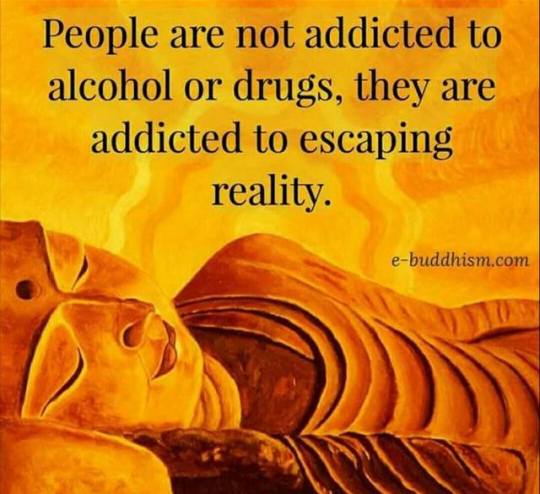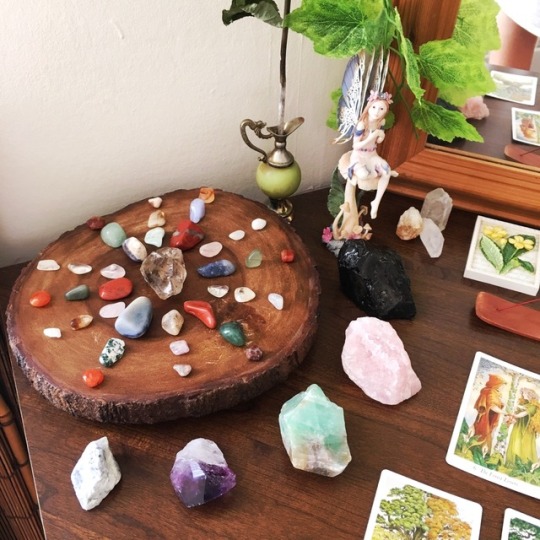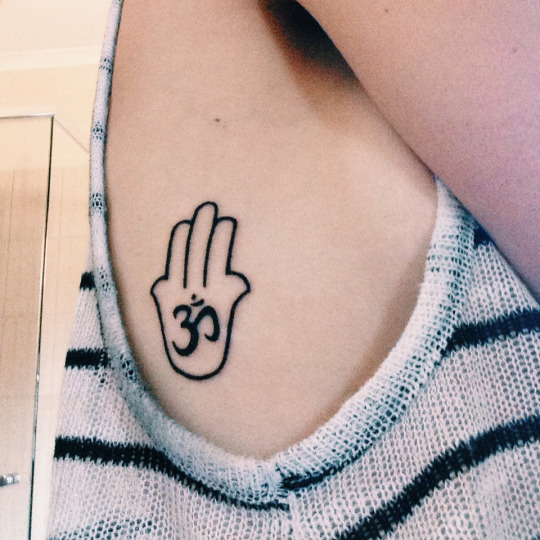Text
if drugs were philosophers
Weed - Marcus Aurelius (chill)
Shrooms - Plato (dead spacey)
Alcohol - The Logical Positivists (awful)
Cocaine - Nietzsche (energetic but also scary)
Heroin - Kant [ethics] (its just not worth it)
Nicotine - Marx (we know you really like it but you need to stop)
223 notes
·
View notes
Quote
The surest way to corrupt a youth is to instruct him to hold in higher esteem those who think alike than those who think differently.
Friedrich Nietzsche (via palingenesis144)
139 notes
·
View notes
Photo

“Conviction is worthless unless it is converted into action.” – Thomas Carlyle
258 notes
·
View notes
Quote
Love is an act of endless forgiveness. Forgiveness is me giving up my right to hurt you for hurting me. Forgiveness is the final act of love.
Reinhold Niebuhr (via asking-jude)
9K notes
·
View notes
Quote
What is it that dies? A log of wood dies to become a few planks. The planks die to become a chair. The chair dies to become a piece of firewood, and the firewood dies to become ash. You give different names to the different shapes the wood takes, but the basic substance is there always. If we could always remember this, we would never worry about the loss of anything. We never lose anything; we never gain anything. By such discrimination we put an end to unhappiness.
The Yoga Sutras of Patanjali (118-119)
419 notes
·
View notes
Text
Deep sleep is the absence of all impressions resulting from opacity in that which is mutable in human beings (chitta). ||10||
abhāva-pratyaya-ālambanā tamo-vṛttir-nidra
अभावप्रत्ययालम्बना तमोवृत्तिर्निद्र ॥१०॥
- Yoga Sutras of Patanjali, Samadhi Pada (Book 1), Line 10
15 notes
·
View notes
Quote
If you control your mind, you have controlled everything. Then there is nothing in this world to bind you.
Sri Swami Satchidananda (The Yoga Sutras of Patanjali)
93 notes
·
View notes
Quote
Today, when we think of U.S. fads and fashions for India, we tend to focus on the recent mass popularity of yoga and Bollywood films or on narratives of self-discovery in the East such as Elizabeth Gilbert’s best-selling Eat, Pray, Love. The hippie counterculture of the late 1960s, with its obsessions for Indian music, fabrics, and spiritualities, also remains strong in the public memory. It is largely forgotten that at the turn of the twentieth century the United States was in the grips of a craze of India and “the Orient” that was, in some ways, larger and more pervasive than anything that has occurred since. Between the 1880s and 1920s, Americans from all classes and walks of life were drawn to an “India” that was, in essence, a collective fantasy. Elites of cities such as New York, Chicago, Boston, and Philadelphia explored Vedantist philosophy and attempted the contortions of “tantrik" yoga. A young Isadora Duncan performed her interpretations of Eastern dance, in bare feet and flowing robes, on the lawns of Newport, Rhode Island’s finest mansions, while Ruth St. Denise performed in Indian-style on Broadway, bedecked with jewels and wrapped in a colorful silk sari. The New Thought writer and publisher William Walker Atkinson built a national audience for his mail-order books on clairvoyance, mind control, and the “Hindu-yogi science of breath,” published under pseudonyms such as Swami Panchadasi, Yogi Ramacharaka, and Swami Bhakta Vishita.
Meanwhile, the sexualized figure of the Indian “nautch” dancer became a stape of American burlesque theaters. Southern growers marketed tobacco under brand names such as Hindoo, Mecca, Mogul, and Bengal, with labels that depicted Ameers and maharajahs, palaces, hookas, and dancing girls. Tin Pan Alley songwriters churned out show tunes such as “My Hindoo Man” and “Down in Bom-Bombay,” which middle-class Americans sang to amuse themselves in the piano parlors of their homes. Circuses and exhibitions competed to present ever-larger menageries of Indian elephants and camels and ever-more spectacular recreations of Indian, Sinhalese, and other “native” villages. Such exotic public spectacles reached new heights in 1904, when the owners of Coney Island’s Luna Park turned fifteen acres of the Brooklyn amusement park into a replica of the city of Delhi and “imported” three hundred Indian men, women, and children, forty camels and seventy elephants to live there for the summer season. Several times a day the “natives” and their animals marched through Luna Park, performing a re-creation of the Delhi Durbar—the grand procession that had occurred in India the year before to mark the ascendance of King Edward VII of England to the imperial throne. By 1909, even the Wild West showmen Buffalo Bill Cody and Gordon “Pawnee Bill” Lillie joined in the craze, touring a “Far East Show” across the U.S. Midwest and South that featured Arabian horseman, a troupe of Sinhalese dancers, a “Hindu fakir,” and a “nautch dance ballet.”
Vivek Bald in Bengali Harlem and the Lost Histories of South Asian America
Some history of cultural appropriation.

“Down in Bom-Bombay”
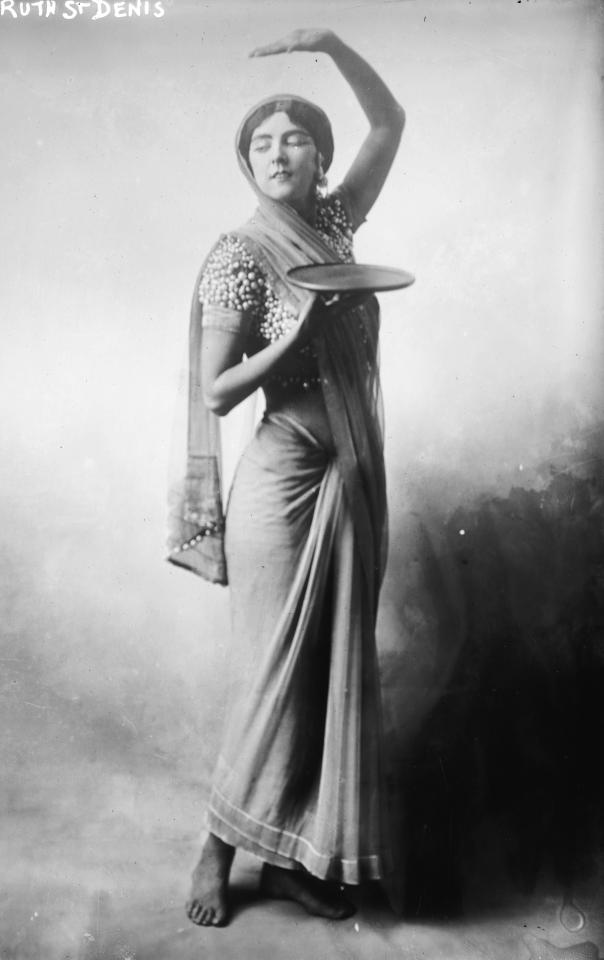
Ruth Denise
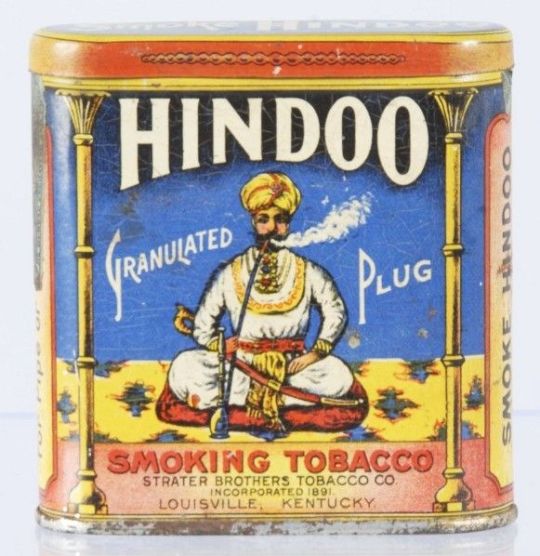
Hindoo Tobacco tin
(via fatemareads)
871 notes
·
View notes
Photo

~ tapas ~
“practice causing positive change”
yoga practice purifies the body, refines sensory awareness, and clarifies the heart-mind.
the discomfort I feel during the process of growth and transformation is necessary and beneficial.
I will practice with a motivation to burn up bodily impurities and welcome positive change.
13 notes
·
View notes
Quote
The inhalation, the return movement of breath,
Sustains life.
The outgoing breath
Purifies life.
These are the two poles
Between which respiration goes on unceasingly.
Between them is every delight you could desire.
Even when the senses are turned outward,
Your attention on the external world,
Attend also to the inner throb,
The pulsing of the creative impulse within you.
The Radiance Sutras (via lazyyogi)
192 notes
·
View notes
Quote
“We are not going to change the whole world, but we can change ourselves and feel free as birds. We can be serene even in the midst of calamities and, by our serenity, make others more tranquil. Serenity is contagious. If we smile at someone, he or she will smile back. And a smile costs nothing. We should plague everyone with joy. If we are to die in a minute, why not die happily, laughing? (”
Swami Satchidananda, The Yoga Sutras
(via naturaekos)
4K notes
·
View notes
Quote
Life arises from itself
In a swirling motion of flame.
Being becomes body.
In meditation, adore the subtle fire—
In heart, head, and above.
Dissolve into radiance.
The Radiance Sutras (via lazyyogi)
560 notes
·
View notes
Quote
Through sustained focus and meditation on our patterns, habits, and conditioning, we gain knowledge and understanding of our past and how we can change the patterns that aren’t serving us to live more freely and fully
Yoga Sutra III.18
(via migas)
172 notes
·
View notes
Quote
It is easy to say, “control the mind.” But, in reality, the mind seems to be controlling us.
Sri Swami Satchidananda (via essential-light)
162 notes
·
View notes
